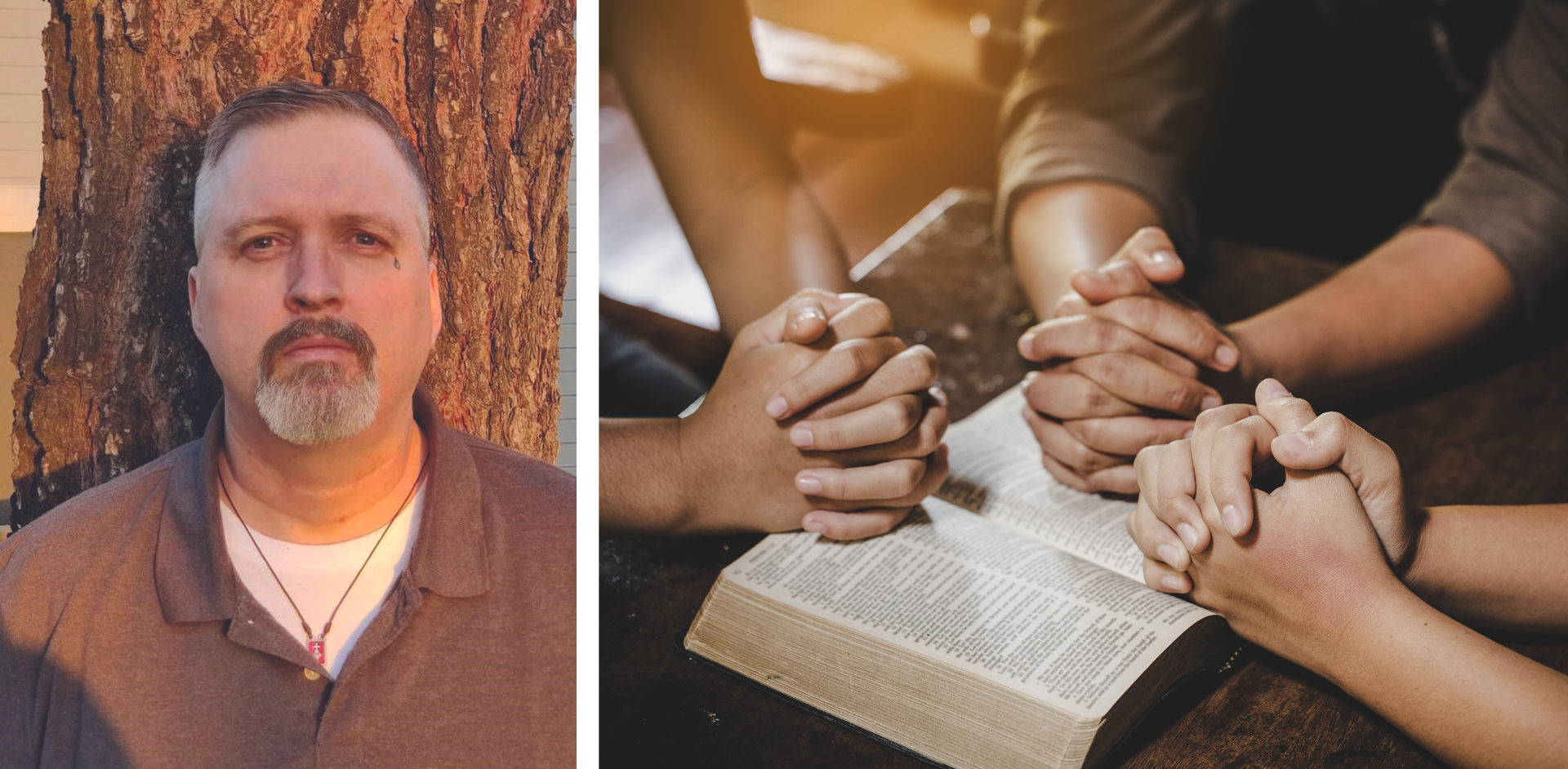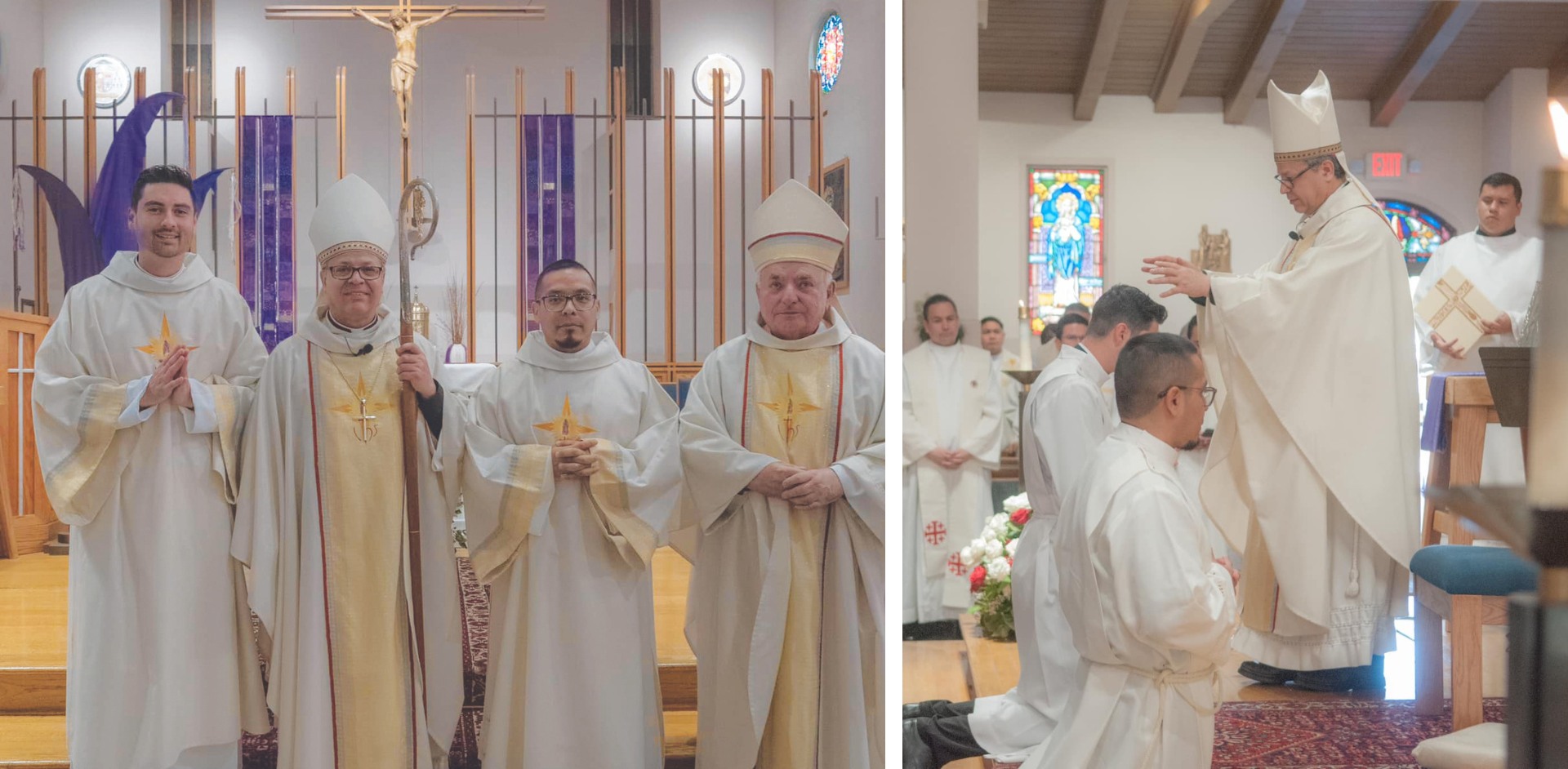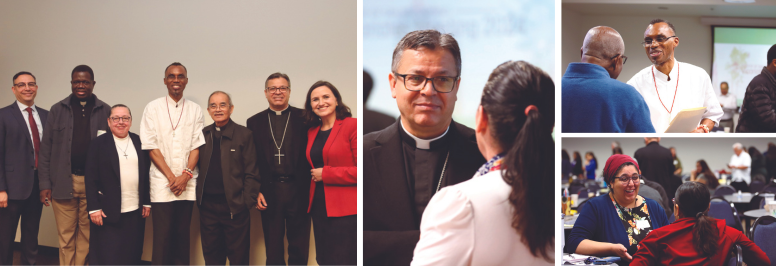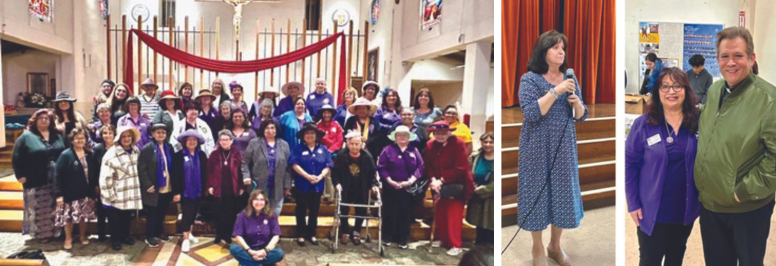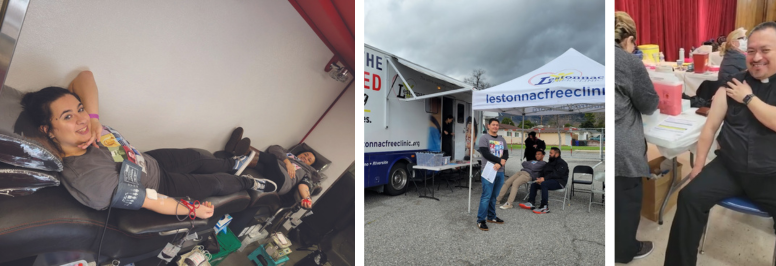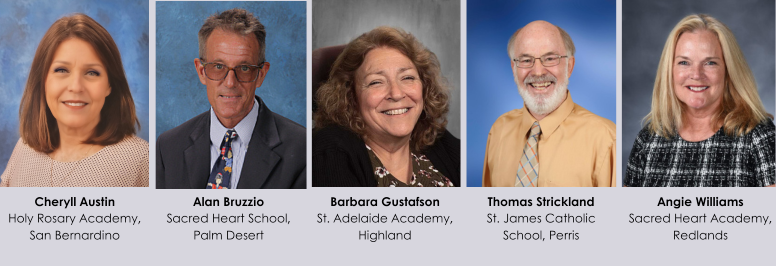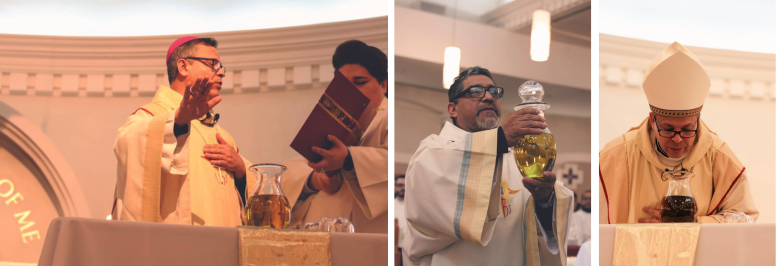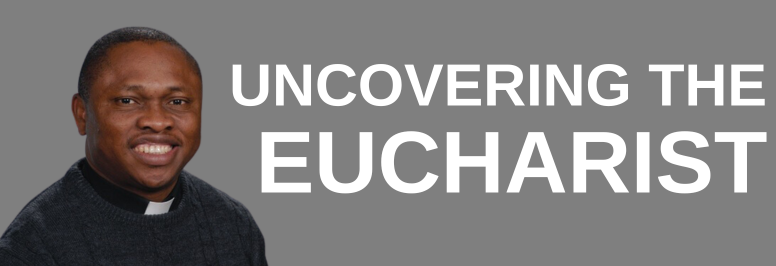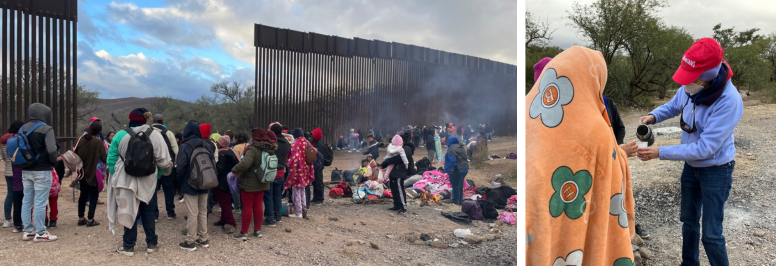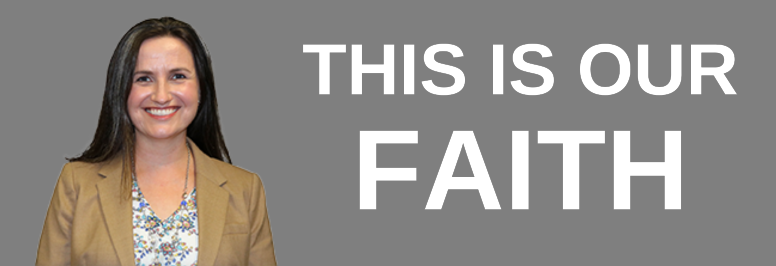Have I really seriously harmed my relationship with God since my last liturgy? Have I really been that reprehensible to people I’ve interacted with? What have I DONE???”
Now it’s not that I’m “soft on sin.” “Grievous” or grave is another word the Catechism uses for “Mortal Sin.” I believe in mortal sin. Some people—over time and by free choice - become fixed in a destructive personal character and actions, and that puts a barricade between them and God’s love now and forever. Working in the inner city, I’ve seen mortal sinners--the drug dealers and their suppliers selling to kids, for example. People do terrible things. They become evil doers. A God who also is not outraged and angry at evil doing, like we are, would not be a God we would want to worship.
Serious sin, however, does not define us as followers of Christ. Already in the 5th Century, the great theologian Augustine taught that for a disciple of Christ, serious sin would give way to lesser sins, and then to imperfections, and even they would fall away as a holy way of life became habitual.
I believe there are few grievous sinners in our pews on Sundays! It’s been my privilege to get to know many imperfect but very good and holy people in my parish. As we gather for Eucharist, I see worshipping with me someone working full time but visiting an ill parent every day; someone working two jobs as a single parent…I see lots of people who volunteer—with youth, with homeless, or… I see wealthy people who give generously to many charities; a couple sacrificing to raise more than the standard two children, at risk of their retirement nest egg; I see someone with a handicapped family member; a business owner known for treating employees with respect and fairness; I see a Catholic school teacher earning 65% of a public school salary, a person staying married to a spouse I could never love, and in the front pew that very senior frail member who has spent two hours getting dressed and transported to church today. In church on Sunday are many people truly like the rich young man of the Gospels who tells Jesus that he “has kept all the commandments since my youth.” Though afflicted with imperfections, we are really doing the best we can, and we have a burning desire to be even more united with Christ.
The call to be holy is the call to put on the mind of the Lord Jesus, to take on a greater and greater likeness to the Lord. In the Confetior (I confess…), the words that help me keep conscious of and active about my imperfections are “in what I have failed to do.” Have I failed to give thanks—not just to God but to clerks in stores and receptionists in doctor’s offices? Have I affirmed those I live with? Have I given generously of my private self, my time, my energy, my feelings and thoughts? Have I really listened to people? Did I ask God to bless people when they irritated me? I could go on! This is the stuff of looking at my imperfections.
Mass affirms the holiness journey we already have accomplished. Mass encourages us to keep cooperating with grace and become even holier. That’s what receiving the Eucharist is all about—God is touching us in a physical way, as food, because God loves what is holy. Attracted by his own holy likeness in us, God draws near to us, nourishing us to continue our Journey Toward Holiness. In the coming issues of the BYTE I look forward to sharing more reflections with you about our holiness journey in the Diocese of San Bernardino.
Sister Mary Garascia belongs to the Congregation of the Sisters of the Precious Blood (C.P.P.S.). After many years of Church work she is retired and maintains a presence in ministry at The Holy Name of Jesus Parish in Redlands.




